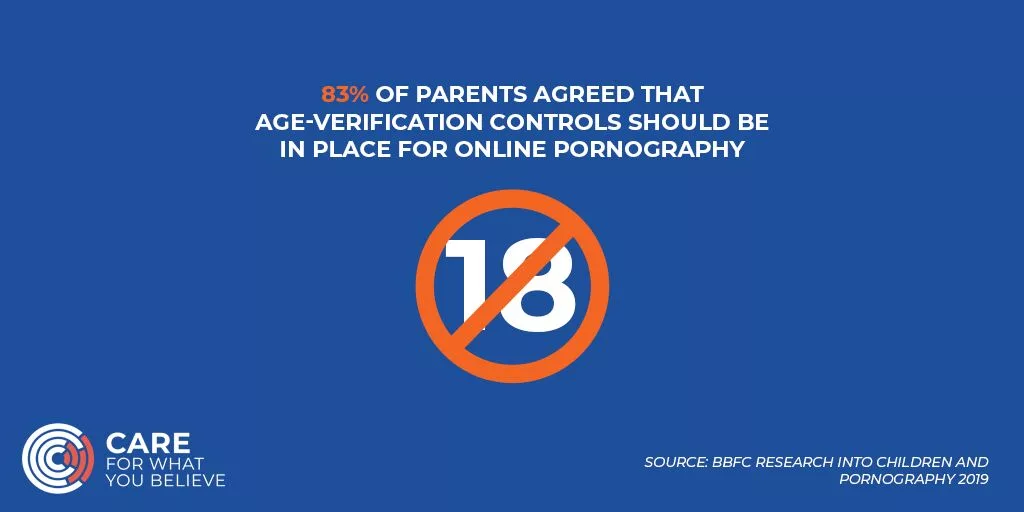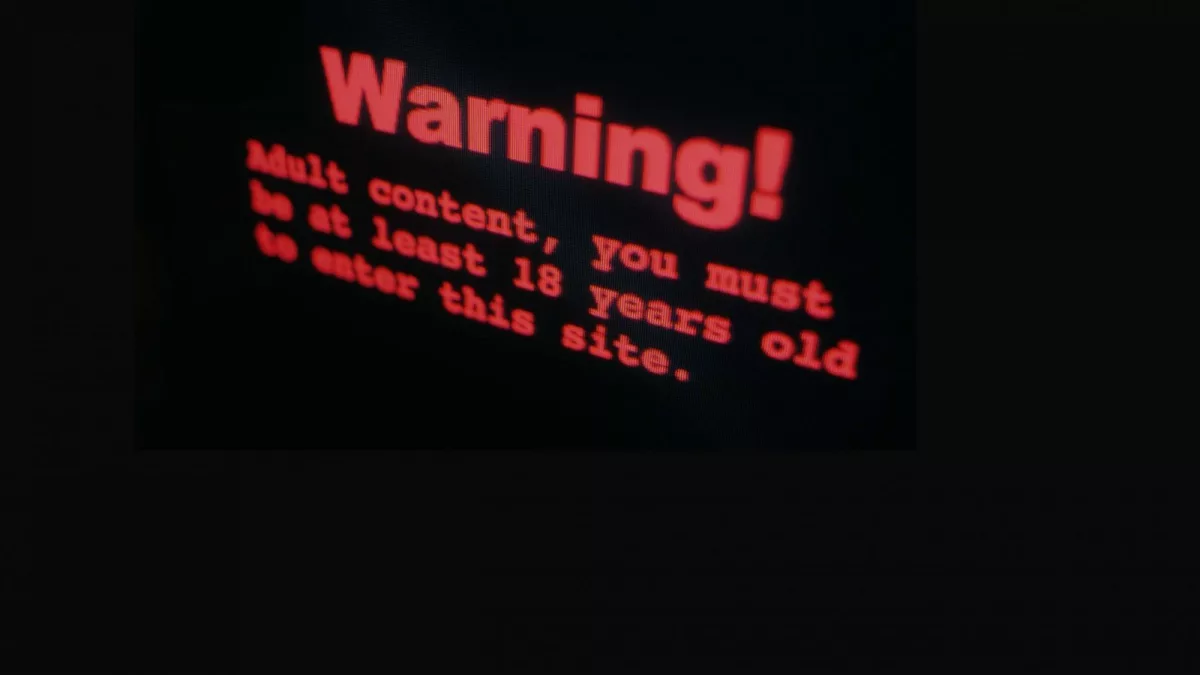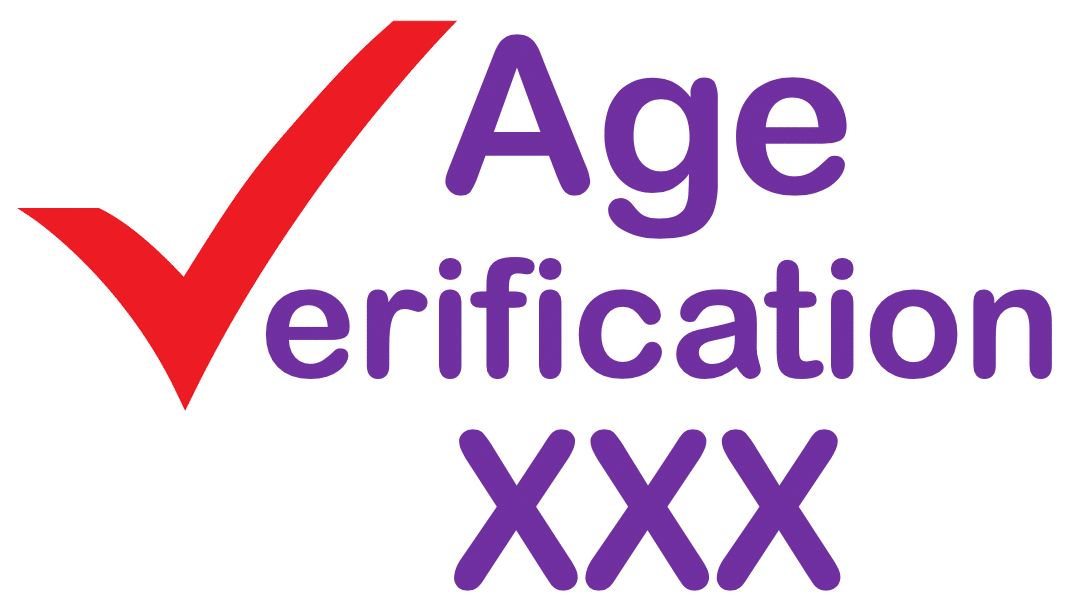TOPEKA – A new law requiring age verification for pornography websites which Governor Laura Kelly allowed on the books on Friday without her signature was criticized for its potential to infringe on Kansas internet users constitutional rights, but the impacts of pornography on children and teens was never explored outside committee hearings or in Kansas media reports of the bill.
Kelly allowed Senate Bill 394 to become law without her signature, saying in a statement the bill was well intended but was vague and would likely encourage litigation. The bill was sent to the governor March 26th, and became law after the 10-day statutory limit for the governor’s action expired. It requires in-state internet users to verify that they are at least 18 years of age before accessing websites that contain “material[s]…harmful to minors” that appear on “25% or more of the web pages viewed on such website,” according to the bill brief. Age verification will be conducted through a viable, “commercially available database.”

Pornography consumption below the age of 18 is widespread in and out of the state. A 2023 Common Sense Media study which surveyed over 1,300 American teens found that 15% of the participants had consumed pornographic content (primarily online) by the age of 10. 54% had consumed this content by the age of 13. By the age of 17, that number jumped to a hefty 73% of teens who had intentionally or unintentionally viewed sexual content online at some point while underage.
According to the study, cisgender teen males (52%) are more likely than cisgender teen females (36%) to consume pornography “on purpose,” largely due to availability. Half of all participants, however, admitted to experiencing feelings of guilt or shame after viewing porn. Accidental exposure to pornography among younger children and adolescents is common, with 63% of the respondents reporting having seen crude or graphic content “in the past week” on legal websites and social media.
Open access to pornographic content has adverse impacts on the developing brain. According to a 2023 Family Medicine and Community Health study, pornography harms adolescents by warping their view of healthy sexual relationships, promoting casual sex, and softening their attitudes toward dating violence. Additionally, pornographic content strongly encourages the objectification of the human body, especially the female body, and desensitizes its viewers.

The American College of Pediatricians notes “pornography exposure at grade school ages often results in anxiety for the child. Children also report feelings of disgust, shock, embarrassment, anger, fear, and sadness after viewing pornography. These children can suffer all of the symptoms of anxiety and depression. They may become obsessed with acting out adult sexual acts that they have seen, and this can be very disruptive and disturbing to the child’s peers who witness or are victimized by this behavior. Children under twelve years old who have viewed pornography are statistically more likely to sexually assault their peers. In sum, children exposed to pornographic material are at risk for a broad range of maladaptive behaviors and psychopathology.”
The ACP also noted sexual predators have purposefully exposed young children to pornography for the purpose of grooming the children for sexual exploitation.
Teens seem to be aware of the negative impacts of pornography on their mental and physical health but can be hampered by addiction. Only 27% of the Common Sense Media study participants believe that porn is an accurate portrayal of normal sex, and most of them are able to identify unhealthy and potentially dangerous behaviors in what they are viewing.
Unregulated pornography has contributed enormously to the glamorization of “hook-up” culture, physical sexual aggression, and teen pregnancy among teens and young adults. According to a 2008 study on the effects of pornographic visual content on young females, “frequent exposure to televised sexual content” in high quantities doubled the likelihood of teen pregnancy within the three-year study period.
Pornography does not only impact the developing brain. According to research, porn addiction can drive a wedge between married or long-term couples. Emotional detachment, extramarital affairs, increased isolation and secrecy, decreased trust, and divorce are all ramifications of pornography consumption in couples. A 2006 study of 2,000 married couples revealed that marriages in which one or both spouses regularly watch pornography are roughly twice as likely to end in divorce.

Currently, watching pornography online is legal in all parts of the U.S., though some states that have stricter prostitution and “indecent materials” statutes have attempted to limit its consumption. Virtual child pornography is one channel of obscene material that is illegal across the nation. According to state law, Kansas has historically treated the collection and distribution of child pornography severely.
But the age of those consuming pornography in the state until now has generally gone unconsidered; many websites that offer sexualized content including major outlets like Pornhub do not require age verification to access. This means that anyone at any age who has access to a smartphone, computer, or any other device with a connection to the internet can easily consume content that is ultimately damaging to their mental and physical health.

Ursula Billings
Ursula Billings is a freelance writer for The Kansas Informer. She will graduate in May with a degree in Ag Business from Fort Hays State University and begin courses as a first-year law student at University of Kansas School of Law in August 2024.




